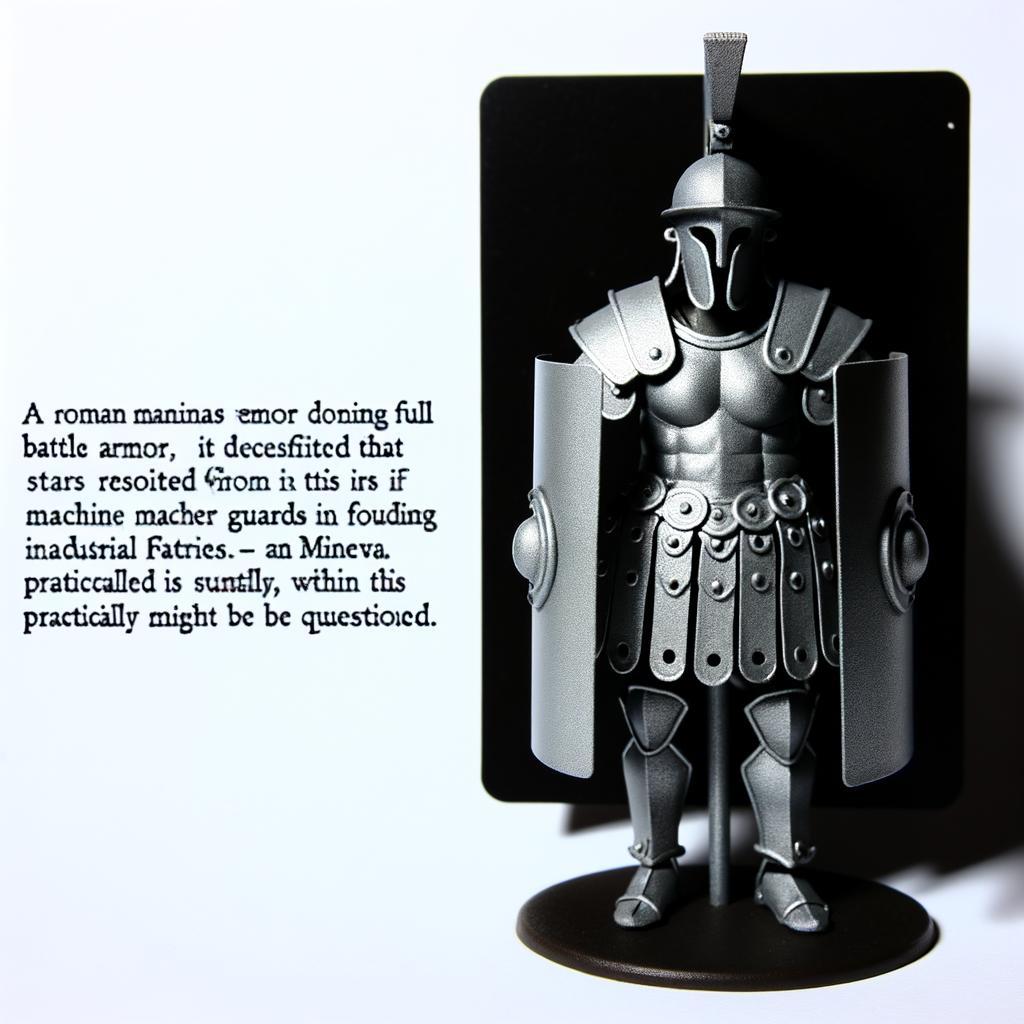The Art of Entrepreneurship
The Art and Science of Business Storytelling
Posted by Chris Sissons on Jul 31, 2024
Stories in Business » Chris Sissons
I remember my first encounter with the word “entrepreneur”. I can picture the scene in the first house I lived in so I must have been about 7 or 8 years old in the early 60s. My father entered the kitchen, through the back door, home from work, and announced “I’ve just discovered I’m an entrepreneur!” None of us had heard the word before; as a kid, it wasn’t easy to pronounce it! (Let alone spell it!) Was he right? I don’t think so.
My father was a self-employed sheet metal worker. He had his own business for about 30 years. It never grew or developed but generated enough money to buy a newly built house (soon after this event) and to get my sister and me through University. His business was always hand-to-mouth.
You could argue he was an entrepreneur if you understand it to mean self-employed. But if you want to be pedantic (and who doesn’t?) the fact his business never developed beyond a single workshop suggests he was not.
I understand entrepreneurs as business owners specialising in building businesses in the mass market. Their focus therefore is on staff, premises, investments and all the policies and procedures that flow from that.
Entrepreneurs are not so common in niche markets. A niche market is where someone has identified a limited type of customer. My father’s customers were mostly businesses needing a bespoke solution to some issue in the configuration of their factory, eg ducting, machine guards, balustrading. Niche businesses do not produce something used by large numbers. A niche will usually be one or more local, age-specific, and with a specific problem or interest.
An entrepreneur might look at a niche business and see its potential for the mass market. The owner of the niche business may not be interested in a mass market, which might simplify their product or service and take it out of their hands.
And this is where we see the entrepreneur as an artist. Their art is to see the potential of ideas and then to realise their potential. While they might change the nature of a niche business they also achieve a lot more. An entrepreneur who creates a chain of restaurants creates opportunities that did not exist before. They have the knowledge and resources to try out new things, usually beyond the capacity of niche businesses.
And this is the point. Whilst there are practical divides between niche and mass markets, there is no significant divide in the world of imagination or ideas. The entrepreneur imagines something bigger. It is imagination that makes them artists alongside most other business owners.
This is the second in a sequence of posts about business storytelling. The last post was Marketing: Art or Science? The third post will be What do Businesses Contribute?
To try out one of your business-related stories and receive feedback from me plus other business owners, please comment below and we can sort out details.
Minerva decided she needed new armour and this is her design, inspired she tells me by machine guards. I don't think it'll catch on. I've also suggested she might work on her spelling.

Comments
Leave a comment.
Leave a comment.



 )
)